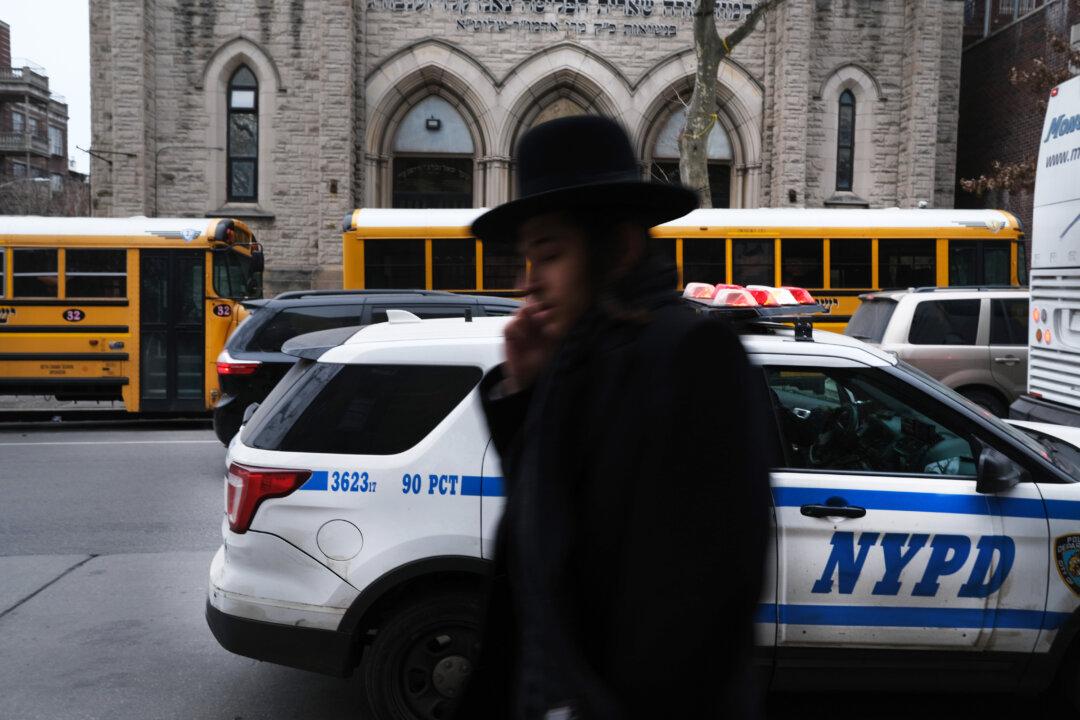NEW YORK—The spate of anti-Semitic acts carried out over the past few months across the New York metropolitan area is unprecedented, Jewish leaders say, with one calling the violent nature of the incidents “fundamentally alien to the American experience.”
In interviews with The Epoch Times, Jewish leaders shared what they believe the attacks have stemmed from, and why they are occurring. They noted the increasing degree of polarization within our society and spoke about strengthening hate crime laws to deter targeted acts, as well as community and government responsibility to ensure safety.





